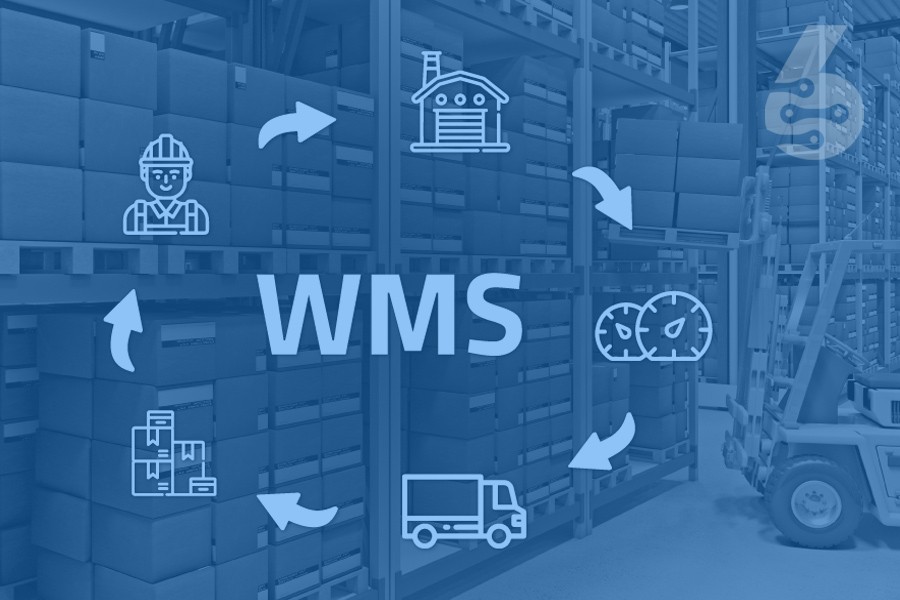First In First Out (FIFO) is an inventory valuation method that assumes that the oldest inventory is shipped or consumed first. This method is often used in businesses with high inventory turnover and products with relatively short shelf life. FIFO can provide a more accurate picture of the actual cost of goods sold than other methods, such as Last in, First Out (LIFO), which assume that the newest inventory is shipped first.
Under FIFO, the cost of goods sold is based on the costs of the earliest inventory purchased. This means that the cost of goods sold will reflect current market prices since the most recent inventory would be included in the calculation. FIFO can provide a more accurate picture of profitability for businesses with fluctuating prices.
The main advantage of FIFO is that it more closely matches the actual physical flow of inventory, which generally corresponds to the chronological order in which merchandise is purchased. This makes FIFO a more intuitive and easy-to-understand method for valuing inventory. Additionally, FIFO can better match the cost of goods sold and revenues since products are generally sold at the prices that were in effect when they were produced or acquired.
However, there are some potential disadvantages to using FIFO. First, it can lead to higher taxes, since the earliest inventory is usually valued at higher prices than later. Second, FIFO can distort financial statements since the cost of goods sold may not match the actual physical flow of inventory. Finally, FIFO can be difficult to implement in businesses with complex inventory systems.

Related Blog Articles

Understanding Warehouse Management Solutions
A warehouse management system (WMS) is a software application that supports the day-to-day operations in a warehouse. A WMS helps to control and direct the movement of materials within a warehouse and plays an essential role in optimizing the efficiency of these operations. There are many things to consider when implementing a WMS, from the size and layout of your warehouse to the type of products you're storing. This blog...
Warehouse management systems (WMS) explained – Managing modern businesses.
Warehouse operations are at the heart of many businesses, enabling the smooth and efficient flow of goods to customers. However, managing inventory, orders, shipping, and personnel in one or more warehouses is an enormously complex undertaking. Errors and inefficiencies in warehouse management can lead to product shortages, delayed shipments, and deteriorating customer service. At this point, a robust warehouse management system (WMS) is essential. A WMS is software that helps control...Related SIX ERP Solutions:
Want to see SIX for yourself?
Need help, have questions or want to get a free demo?
Please read our Privacy Policy on how we process personal data. We will never share your data!



